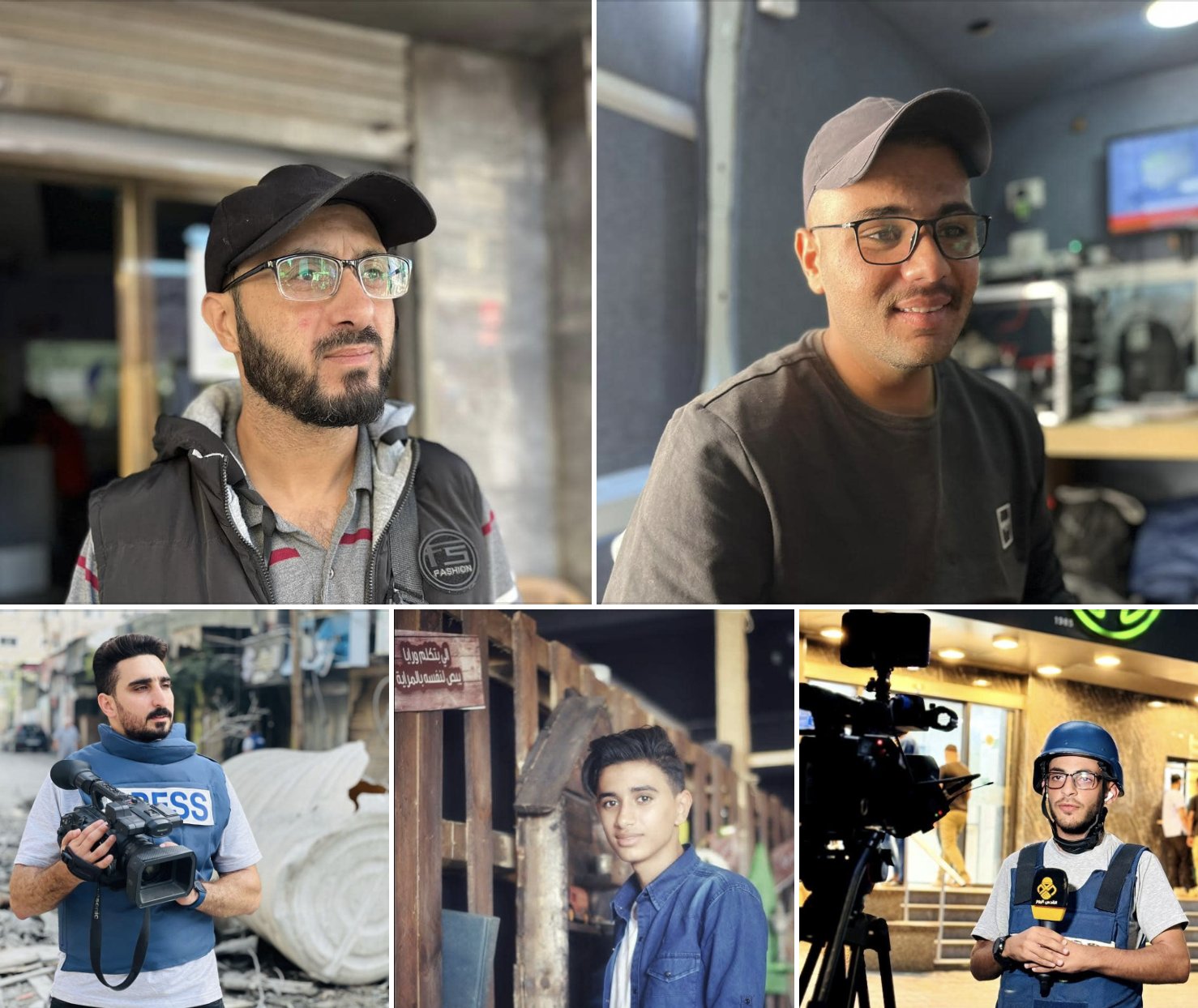
- At least 201 journalists have been killed by Israel in Gaza since October 2023. The last five deaths from the earthquake on 26 December were working on the Al-Quds television station.

On 26 December, Israel killed five journalists from the Al Quds chain in the Nuseirat refugee camp in central Gaza. Despite the fact that the car bore the 'press' badge, the five occupants of the car were killed and killed. The media has strongly condemned the murder through a widespread note: "This Zionist crime is in addition to the crimes that have already been committed against journalists, as well as the massacre of the fighting Palestinian people. We, on the Al Quds television network, claim that as we mourn for the loss of our colleagues, we continue to work with a message of resistance."
At least 201 journalists have been killed in Gaza since October 2023 by Israeli security forces. The structures for freedom of the press are deeply concerned: there are no more conflicts in the world and throughout history that journalists have in the spotlight. The Committee on the Protection of Journalists and Reporters Without Borders is clear that: Israel voluntarily kills Palestinian journalists. Since 7 October, when we wrote about this path that is part of the war strategy, Israel has killed 142 journalists in Gaza: one journalist every two days in the report.
Once again, without respite
Despite the fact that in recent days the hope of a ceasefire took some space, the possibility of achieving it has soon been frustrated. They have not been able to reach agreement on the truce and the two sides take over the defeat. In addition to the truce, Israel has at the last moment incorporated new conditions on the withdrawal of Israeli occupants, the release of prisoners and the return of Palestinians, which HAMAS cannot accept. Israeli Prime Minister Benjamin Netanyahu, for his part, regretted that Hamas is "lying" in the Israeli air attack. Qatar and Egypt mediate again.
Thus, the genocide against the Palestinians is progressing: officially, since 7 October last year, Israel has killed 44,000 Palestinians and beaten another 105,000 Palestinians in Gaza. Strategies for the disappearance of the Palestinians also include the systemic obstruction of humanitarian aid to combat water and food shortages, as well as forced relocations.
In addition, winter has arrived in Gaza, and the NGO Médecins Sans Frontières is clear: "The winter comes quickly and the shelters are not ready. The wave of cold and rains that have been seen in Gaza in recent weeks are not the most appropriate for the chubascos that have occurred for a year. Some areas have been completely submerged and tents located by the sea have also been partially submerged."